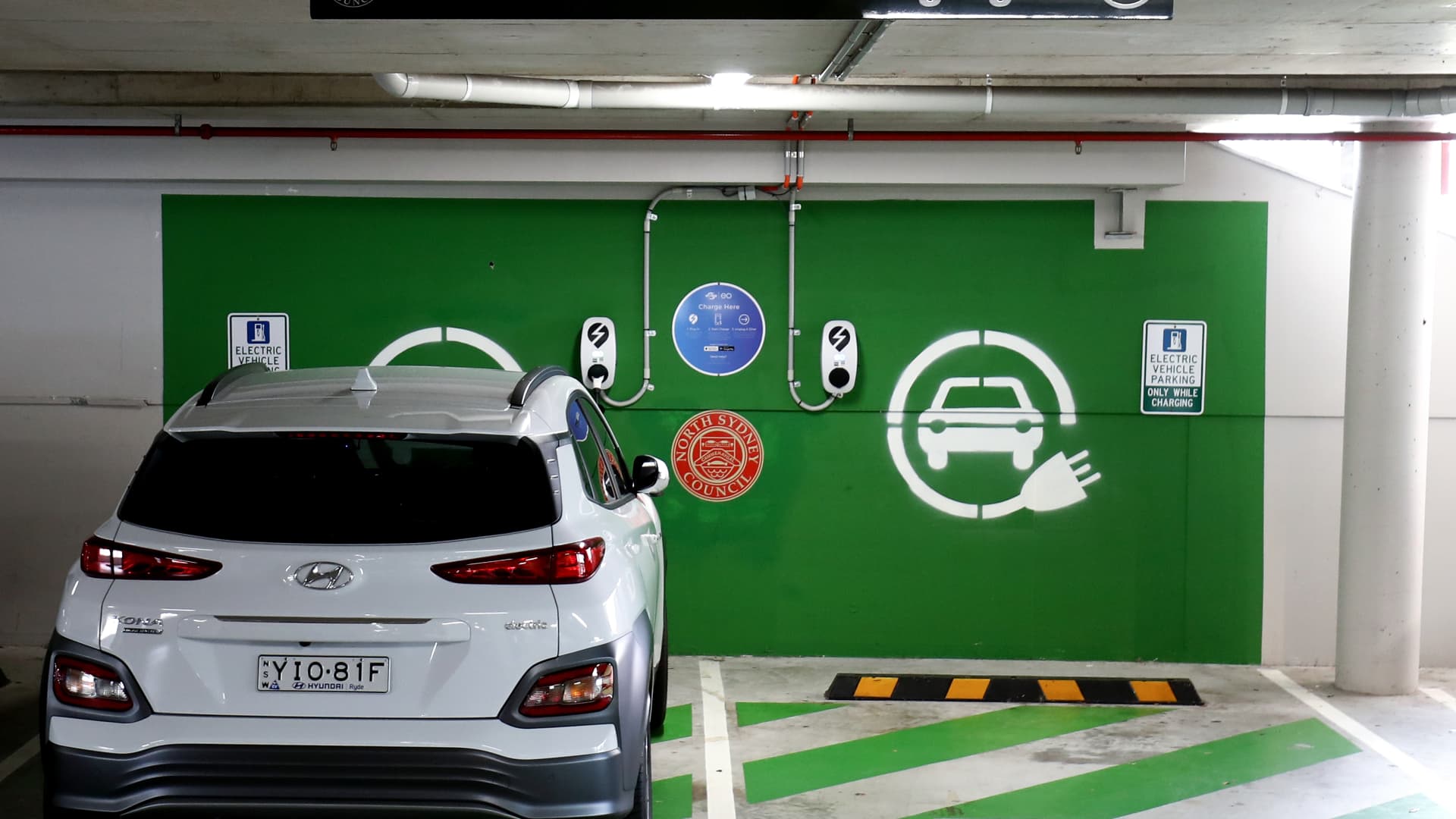
Tesla has long been an investor favorite for exposure to the electric vehicle transition, but not everyone is convinced. Berkshire Hathaway-backed BYD , for example, is often touted as a better bet than Tesla. “Tesla last year reduced its prices in China twice. BYD increased its prices. We are direct competitors. BYD is so much ahead of Tesla in China … it’s almost ridiculous,” Charlie Munger, vice-chairman of Berkshire Hathaway, said last month . He also called BYD a “remarkable” company. The Chinese company has certainly proved a good bet for Berkshire, which first invested in 2008; its Hong Kong-listed stock is up over 1,000% since then. ‘A story for the ages’ Munger is not the only one with a bullish view on BYD. Ray Wang, founder and chairman of Silicon Valley-based Constellation Research, believes BYD is the better short-term bet. “Tesla versus BYD is really going to be a story for the ages. Right now, they are the two largest producers of electric vehicles. At the end of the day this is a war for battery capacity. Whomever can deliver the most cost-effective, lightest, most dense batteries on a high-volume scale will win,” he told CNBC Pro in an email last week. He believes BYD will “do very well” in the short term, having “excelled” at delivering a lower-cost entry point, in the same way that Japanese and Korean automakers have entered emerging markets. “Just think of Tesla as Apple in iPhones — the high-end. BYD is like the Android phone in the market, very omni-present and low-cost entry,” Wang added. Long-term winner? Wang said he expects Tesla to be the longer-term winner, however, as it is more than just an auto company. “Long term, Tesla is not a car company and that’s the difference. They can get into autonomous driving, robots taxis, and have better underwriting data than most car companies,” he said. BYD may also lose its advantage as the lower-cost EV manufacturer as Tesla makes headway on its plan to produce a cheaper variant. Tesla CEO Elon Musk has repeatedly suggested that a $25,000 model is possible and suggested in 2020 that the company could launch such a car in a few years. Deutsche Bank is another Tesla bull . ” Among EV makers, we believe that Tesla’s bullish thesis remains intact despite an investor day lacking some specifics, with line of sight into growing volumes near 50% this year and a path to deepen its competitive moat and demonstrate its lead in the space with the introduction of its next-gen platform in the years ahead,” Deutsche analyst Emmanuel Rosner wrote in a note on Mar. 13. ‘Take profit’ in Tesla Wall Street veteran David Trainer has a more bearish view, however, as he urged investors to “take profit” in Tesla. “While Tesla is not a zombie stock thanks to Elon Musk’s ability to raise lots of capital, the stock is still a bellwether for the entire cohort of zombie stocks, as it shares many of the common characteristics of a zombie stock, such as an outrageous valuation and high cash burn,” he told CNBC’s “Squawk Box Asia” last month. “Our message to investors is to take profit in Tesla and avoid zombie stocks at all costs. Do not invest in a company that doesn’t make any money – it’s that simple,” he added. Tesla’s valuation remains “nosebleed high,” according to Trainer, who said the stock is at risk of falling to $25 per share — a whopping 86% downside to its closing price of about $180 on Tuesday. — CNBC’s Yun Li contributed to reporting
